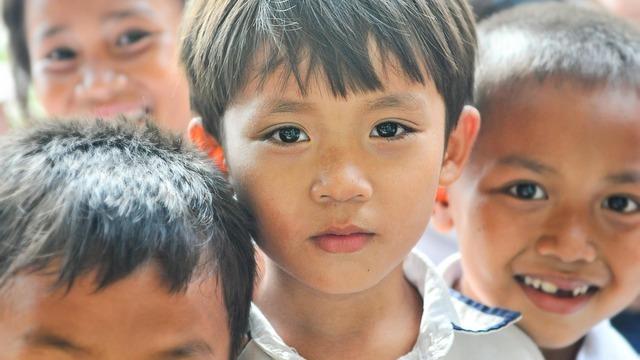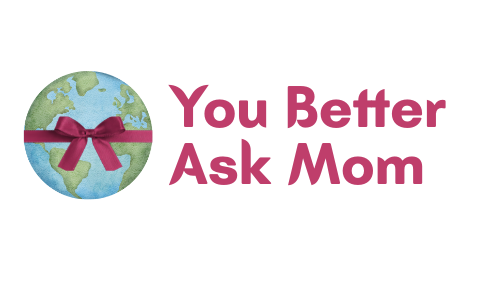
Empowering Girls: The Case for Education
Despite global progress in education, alarming disparities persist. According to UNICEF, 129 million school-aged girls remain out of school, hindered by systemic barriers including financial instability and cultural norms that prioritize domestic roles over education. Bhumika Ashwar, an 18-year-old with roots in Guyana, stands as a beacon of hope for these young women.
The Genesis of G.E.M. for Guyana
Inspired by her experiences in both Canada and Guyana, Ashwar founded G.E.M. for Guyana (Girls’ Education Matters) in May 2023. This non-profit focuses on removing obstacles to post-secondary education for Guyanese women, via scholarships and financial support. Drawn from her mother’s struggles to obtain a degree, Ashwar aims to elevate girls who aspire to careers yet often feel discouraged.
Breaking Cultural Stereotypes
In many communities, the expectation is that women should take on household roles rather than pursue higher education. Ashwar’s perspective, shaped by her engagement in the Indo Caribbean diaspora and her experiences at her family’s temple, reflects a commitment to changing this narrative. She passionately advocates for young women to understand the true value of education, similar to how educational aspirations are perceived in Canadian society.
Building a Future of Opportunities
The change that Ashwar envisions goes beyond individual success; it's about creating a ripple effect. “If girls can see the benefits of attaining a degree—decent jobs and financial independence—they're more likely to pursue it,” she asserts. Educational empowerment can catalyze broader societal shifts that challenge outdated gender roles and expand prospects for future generations. This could be especially relevant for immigrant families balancing traditional expectations with modern ambitions for their daughters.
Inclusive Parenting and Multicultural Traditions
Understanding that education intersects with culture, immigrant parents can embrace this duality. By promoting inclusive parenting, they can emphasize the importance of academics while valuing their cultural heritage. This balance not only enriches their children's educational experience but also preserves the multilingual identity they often share.
The call to action for all of us is clear: support initiatives like Bhumika’s that are paving the way for educated and independent women in Guyana and beyond. Prioritizing girls’ education is not just a matter of equity; it is an investment in a more equitable and prosperous future.
 Add Row
Add Row  Add
Add 




Write A Comment